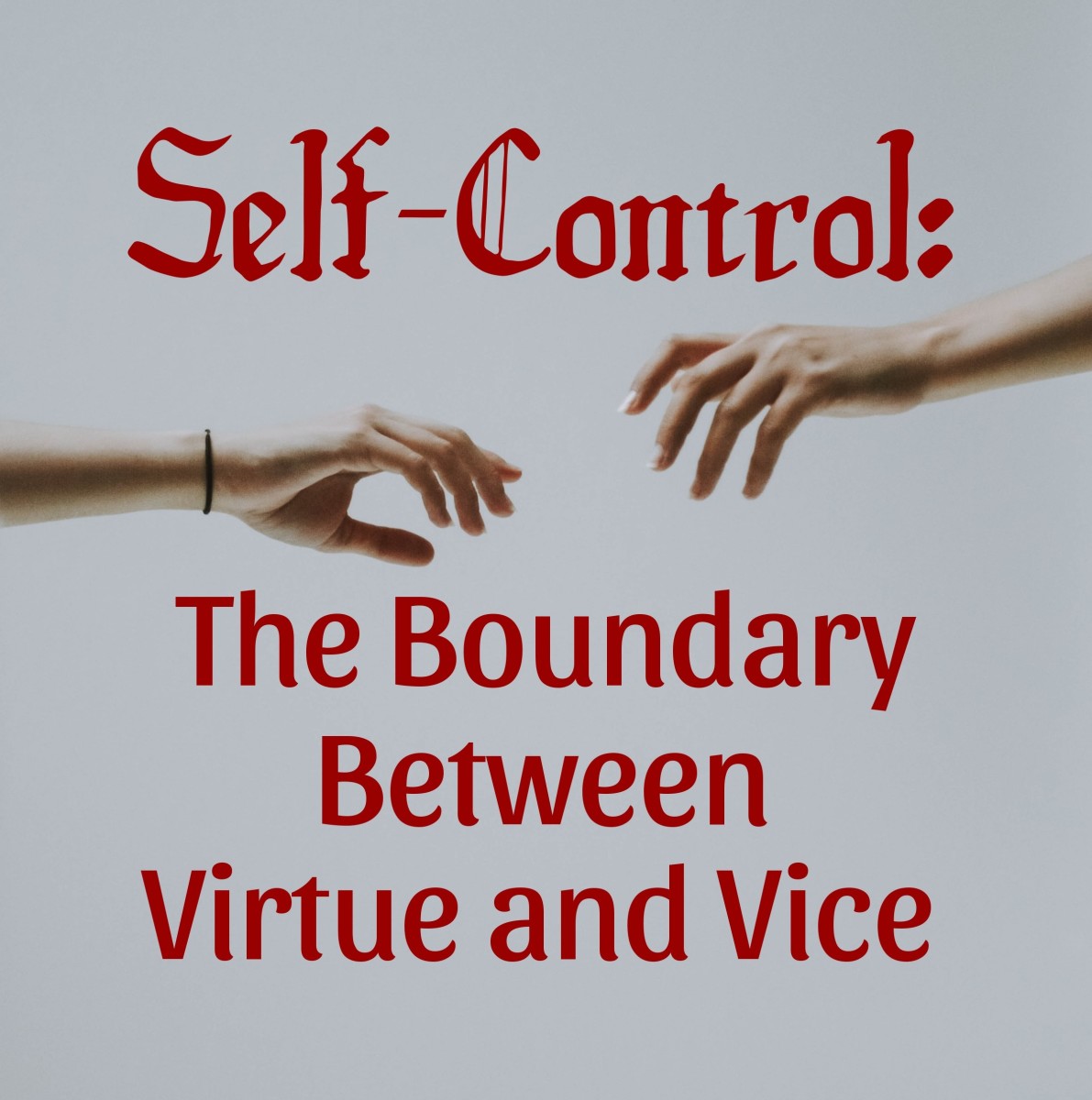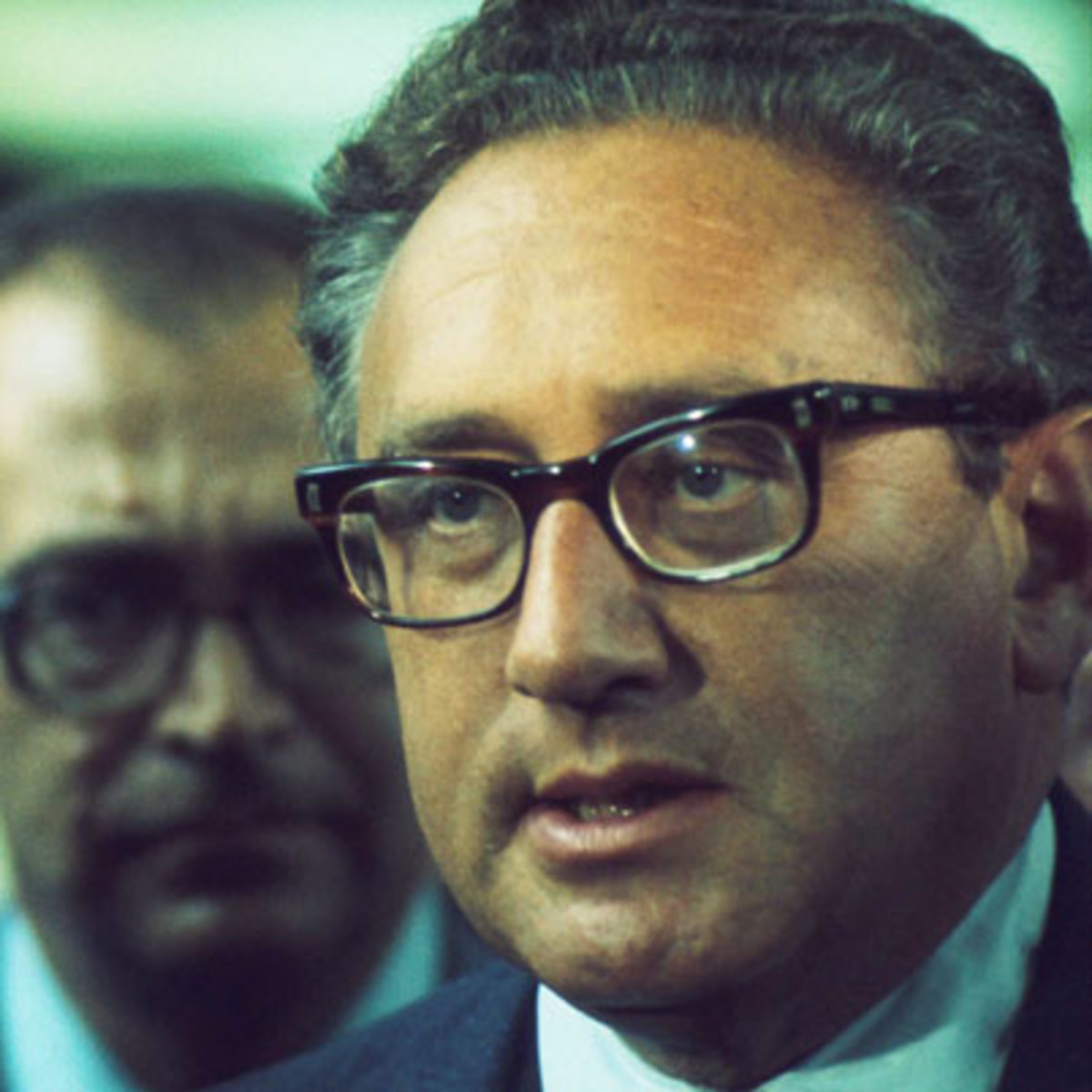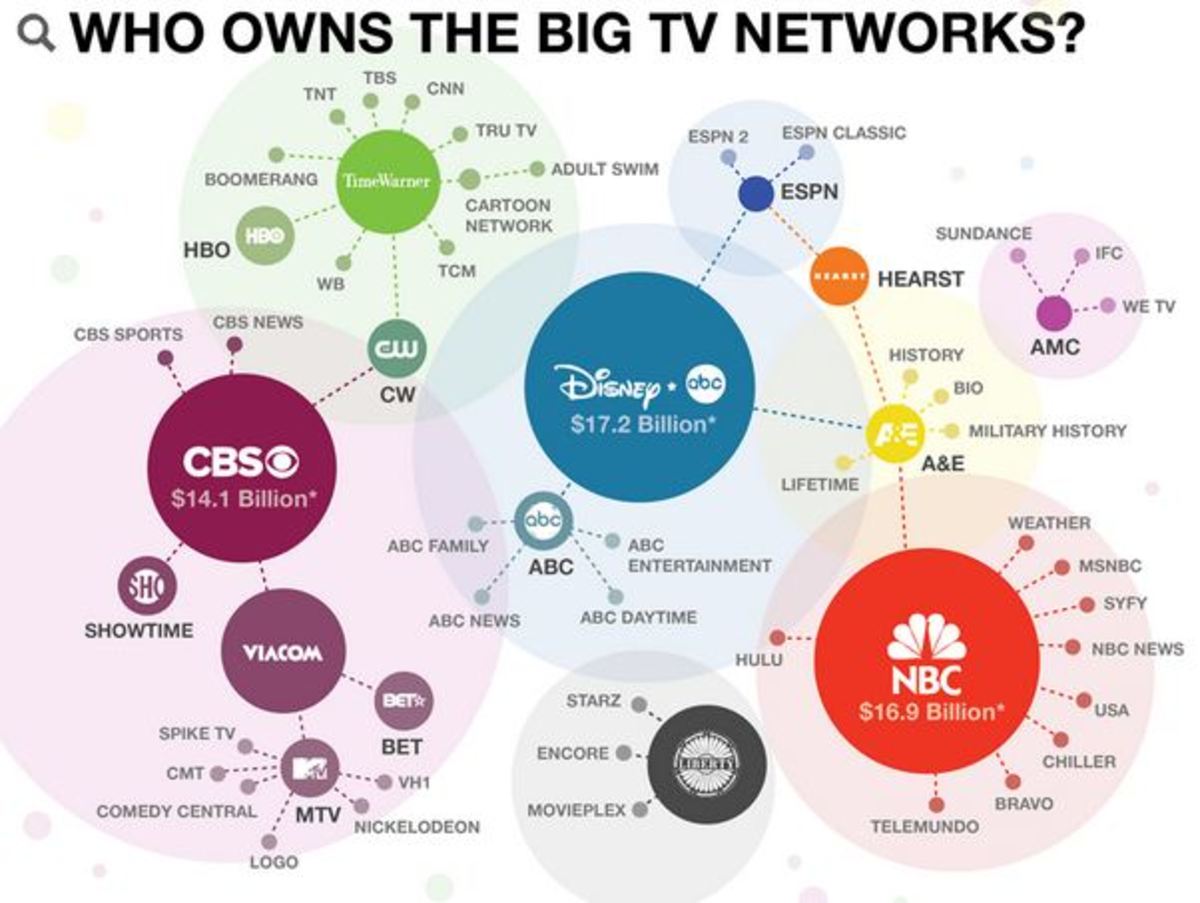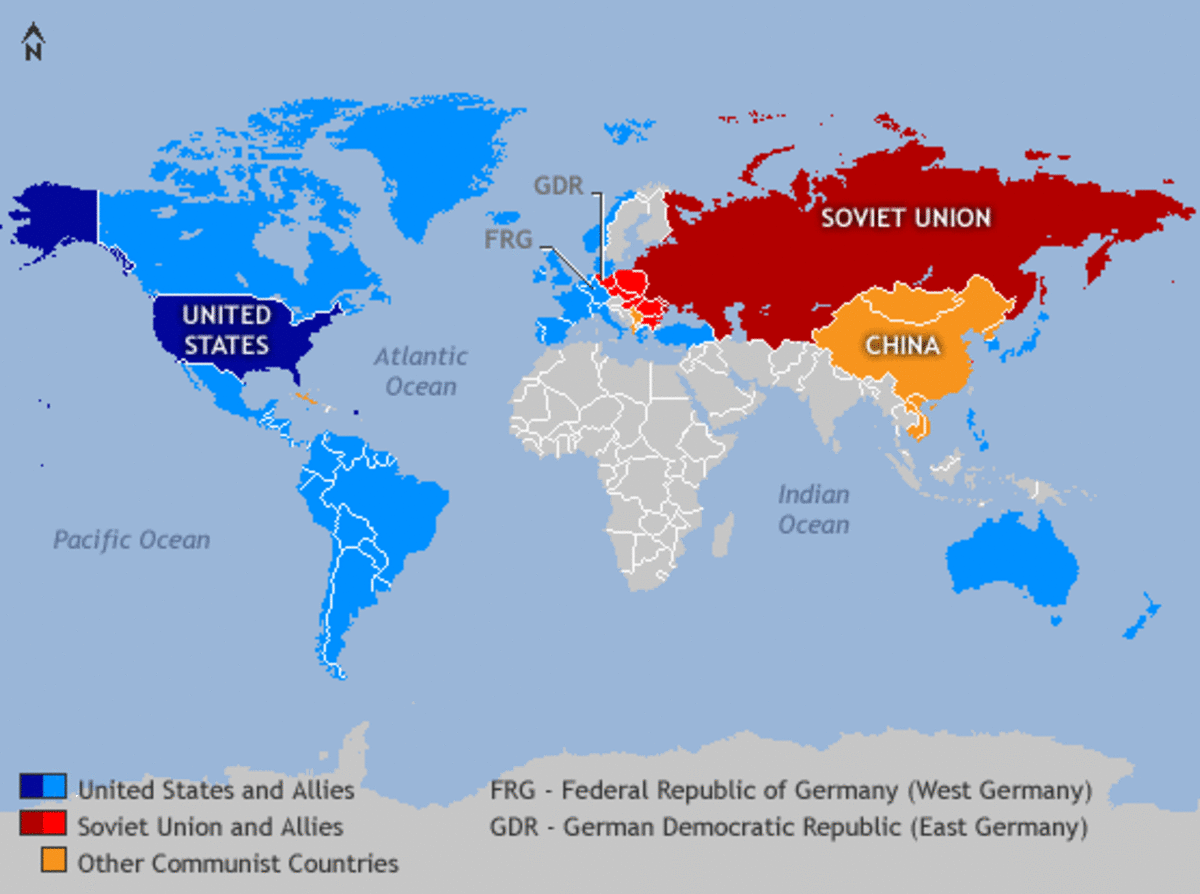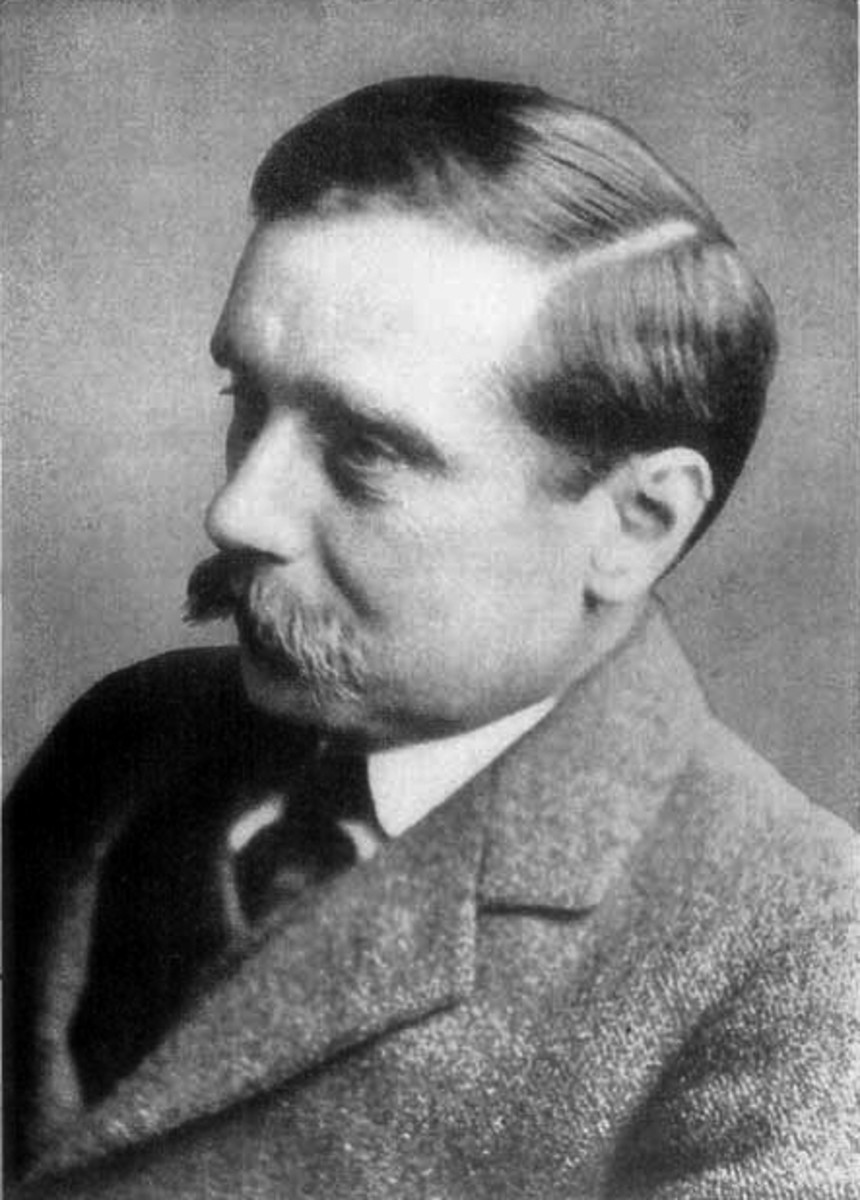The Fluctuating Boundary Between Freedom And Control
The Fluctuating Boundary Between Freedom And Control
The history of the United States, as well as the world, is replete with episodes of vigorous battles regarding the proper balance between individual freedoms and necessary government controls. The debates and deliberations at the Constitutional Convention in 1787 revolved primarily around the proper role of governments in the people's lives and how to properly regulate it.
The American Revolution was ignited in response to perceived British tyranny against the colonists. The Constitutional Convention was spawned in response to the anarchy that the weak Articles of Confederation had yielded following the war. These debates have raged throughout our history and are very much evident in our time.
The Libertarian movement in the United States has gained considerable strength in the last ten years by way of the Republican Presidential primary runs of Ron Paul and the ascendancy to the Senate of his son Rand Paul. This movement has found a home in a large part of the Republican party but not all of their views fit neatly within the GOP umbrella. Republicans tend towards freedom in economic areas but not nearly as much on social issues or in the foreign policy arena.
Democrats are generally socially libertarian, economically interventionist, and a mix in the foreign policy arena. The boundaries of where a person draws their line between freedom and control depends upon the issue as well as a person's experience and upbringing.
I will examine some prominent issues in three major public policy areas and show the freedom and control divides in each of them. These areas are foreign policy, economic policy, and social issues. I will portray the range of freedom and control in evidence today for all of these issues between absolute liberty and total government control.
Finally, I will reveal how I personally decide upon what the proper balance is between freedom and control regarding different issues and why. Hopefully you will have a much stronger sense of this debate at the end of this Hub. Maybe also a stronger sense of where you stand on this wider range of issues.
Foreign policy is an important area that elicits strong debate between those who advocate for freedom or control. This split is clear even within the Republican party. The neo-conservative wing argues for aggressive interventionism around the world to protect American interests and throw out tyrannical governments opposed to U.S. policies. The Libertarian wing argues that we should have no role regarding foreign intervention and that our attention should be concentrated on domestic policy.
Democrats are also split philosophically on foreign policy. Their humanitarian wing wants intervention overseas where human rights atrocities occur. The pacifist wing believe that wars of any sort, unless we are directly attacked, are wrong. More moderate establishment Democrats fluctuate in their tendencies depending upon the situation and whether it imposes a threat to our vital national interests.
The battle between national security defenders and non-interventionists is the classic divide within foreign policy. Where and why do you draw a line regarding intervening in a foreign conflict if ever? Much of this decision will come down to one's philosophical sensibilities.
Pacifists and libertarians tend towards allowing foreign countries to handle their own problems. Neo-conservatives and human rights activists prefer control and intervention. Of course, the world and these issues rarely present themselves to us in strict black and white terms making these decisions much more complex.
More traditional schisms can be seen in attitudes regarding the United Nations. Libertarians and neo-conservatives are strongly opposed to this institution. Both feel that the U.N. constrains American foreign policy. Libertarians are opposed simply because they believe in freedom of action. Neo-conservatives believe that close ties to the U.N. will often prevent any potential and real time United States actions around the world which they are strong advocates for.
Human rights activists and pacifists are both strongly in favor of participation in the United Nations. The U.N. is prominently involved with their main interests of peace and ensuring the safety of people all over the world.
The arguments involving free trade proponents and trade protection advocates also highlight severe freedom and control divides. Most liberal Democrats prefer trade protection for American industries because it protects current jobs. Therefore they are opposed to most trade treaties because they reduce tariffs. More moderate establishment Democrats are for free trade because they are in the long run economic interests of the country.
Most Republicans believe in free trade principles and oppose trade sanctions. They are also generally in favor of most trade treaties because they open up foreign markets to American companies. The only sanctions that they may agree upon are those that punish bad actors on the world stage. Even during these occasions they are reluctant supporters.
The classic area that depicts the freedom or control dilemma is by way of economic policy. Most conservatives are strong proponents of Adam Smith's theory of the "invisible hand". This economic theory states that a free economic market will always fall naturally into a certain equilibrium that will optimally satisfy the needs of all in the society. Most politicians use the term 'laissez faire" to describe this theory though Smith never did. Both terms basically state that a free market is the best option for maximizing the economic benefits to a society.
The problems raised by those who advocate for some government economic control deal basically with business greed and severe wealth displacement. The strict profit motive that drives capitalist businessmen dictates that they minimize labor and other costs, maximize resource potential, and eliminate competition. These goals have led to tremendous income gaps, exploitation of labor and natural resources, shoddy and dangerous products, and predatory pricing tactics designed to drive out smaller competitors.
Liberals who seek strong government control over business want to mitigate these excesses and ensure labor a fair share of the wealth. They also seek a clean environment and safe products. Government regulatory agencies inspect product quality in a wide array of industries ensuring public safety and keeping business from cutting corners.
Our social safety net consists of many programs such as Social Security, Medicare, Medicaid, Food Stamps as well as many others. It is another example of government control being placed on the economy. Liberals and many moderates argue that these programs are needed to ameliorate the negative effects that strict capitalism imposes upon individuals in society. These programs give the citizenry a small cushion where they cannot fall any further and serves their basic needs.
Libertarians feel that this is not government's role and that it redirects enormous amounts of money that could serve the economy better if spent by the private sector. They are also opposed to employment mandates placed upon business. Examples of these are the minimum wage, laws that prohibit discriminatory hiring practices, and new healthcare insurance minimum mandates.
The bottom line is that libertarians believe that the private sector knows best as to how they conduct their business and government has no rightful role. Progressive liberals feel that government controls are necessary to protect workers and consumers from business excess and greed.
Social issues are another area where advocates for freedom or control split decisively though not uniformly. Marijuana legalization or decriminalization is an interesting and revealing issue.
Libertarians argue that marijuana use is one of personal choice so they are for legalization. Progressive liberals are surprisingly more split. Many argue that it is relatively harmless and a matter of freedom. Others fear that it is medically dangerous and a gateway drug to harder controlled substances. Law and order conservatives consider marijuana to be dangerous to society and thus want to control it by having it remain a criminal offense.
The issue of gay marriage has proven to be even more divisive. Liberals and moderates are generally in favor of it on freedom and fairness grounds. Most social conservatives are opposed and are oddly falling on the government control side of this issue. Libertarians are generally in favor of gay marriage because they feel that Gay Americans should be free to marry whomever they wish. Fundamentalist Christians as well as other religious groups are usually opposed on religious grounds and want it banned altogether.
Many libertarians and moderates seek a middle ground and want to recognize "civil unions" that have most of the same rights and benefits as marriage. This civil unions path has largely been discarded because gay rights advocates have successfully pursued the gay marriage issue as one of civil rights. Progressive liberals have always backed gay marriage for the same reason.
Abortion and contraceptive rights are another major social issue that shows the split between those who advocate for freedom or control. Social conservatives and some moderates feel that there should be a strict government ban against abortion. Most do so on religious or other moral grounds. Progressive liberals believe in allowing the woman to choose if she wishes to carry her fetus to term or instead choosing to have an abortion.
Social conservatives are also opposed to women's health organizations such as Planned Parenthood who provide abortion services. Ironically abortion is only a small part of the services they offer to women. Contraception is a much larger component which lowers abortion rates to a great degree. Many Christian fundamentalists are opposed even to contraception. Moderates generally believe in a woman's choice in these matters with some restrictions especially regarding late term abortions.
The decisions on where and how to place controls on people are inherently difficult ones. Most people are generally inclined to provide everyone with as much freedom as possible. Our Founding Fathers certainly did. I do also. Life experiences and deeper examinations usually cause one's views and policies to change to some degree.
The need for the Constitutional Convention sprang from the anarchy that the relative freedom of the Articles of Confederation bestowed upon our nascent country. The questions that always arise and did so for them was at what point do you initiate some control on people and to what degree do you do so.
My view is that you institute governmental control when the overall welfare of the citizenry is being harmed in some vital way. You do so by effectively solving the problem involved but also to the most minimum degree needed to thoroughly solve that problem. This minimal approach leaves individuals with as much personal freedom possible without harming the public good.
Isolationism in foreign policy has traditionally been a strong draw in the United States. President George Washington warned against "foreign entanglements" in his farewell address.This freedom made much more sense at the end of the 18th century. Our present interconnected world combined with long range weapons of mass destruction beg for much more control over international affairs.
This also holds true in the world of international trade. Ironically freedom is much more beneficial than control within this sphere in my opinion. It is vital to the economic health of a nation to open up its markets to trade around the world. Protectionism by way of tariffs and other barriers closes markets and shrinks the economic pie of a nation. Free trade may hurt certain industries but it opens up a nation to expanded economic horizons.
Laissez faire economics with no government controls would be ideal if we lived in a perfect world. Unfortunately unfettered capitalism relies on business to control its insatiable appetite for profits and to look out for its employees and consumers. Unfortunately they regularly fail to do so.
Instead enormous gaps in wealth and income are created. The quality of our environment and our consumer products clearly suffer. This creates the necessity for government to control and regulate business practices to protect the public. The social safety net was created to minimize the effects of the cutthroat "winners and losers" mentality of business.
The recent trend regarding most social issues shows that freedom of action is winning out over government control much more often. Libertarians and progressive liberals are merging their views regarding what people should be allowed to do within their private lives. My view is the same as theirs. People should be allowed to do what they wish as long as they are not harming other citizens or society as a whole.
Marijuana research has shown that marijuana causes much less in the way of harmful side effects than alcohol which is legal. It also has several medical uses to curb some illness symptoms as well as being known as a strong painkiller. Therefore, in my view, marijuana legalization makes perfect sense and fits my parameters for freedom of action.
Gay marriage is an issue that is moving at a seemingly locomotive pace towards constitutionality. A significant and growing number of states as well as most younger citizens see this as a civil rights issue and thus a freedom of action issue. I was slow to get on board with this view but I now totally concur.
Abortion and contraceptive rights have a much more murky philosophical landscape due to religious beliefs. The bottom line for me is that I concur with the Roe v Wade 1973 Supreme Court decision. A woman has a right to privacy and thus freedom over her own reproductive process up until the viability of the fetus to live on its own outside of the woman's body. Social conservatives have been pushing back as to when this viability occurs leading to greater government control and increased court cases.
These examples are prominent issues but far from the only ones. The boundaries between freedom of action and government control come into play with almost all of them. Some control is necessary because totally unfettered freedom quickly turns into anarchy as people's freedoms collide with one another.
I have attempted to describe this conundrum within several policy arenas. It is important for a responsible citizen to understand this dynamic and to form their own standards regarding these ever changing boundaries between freedom and control. Where do you stand?

